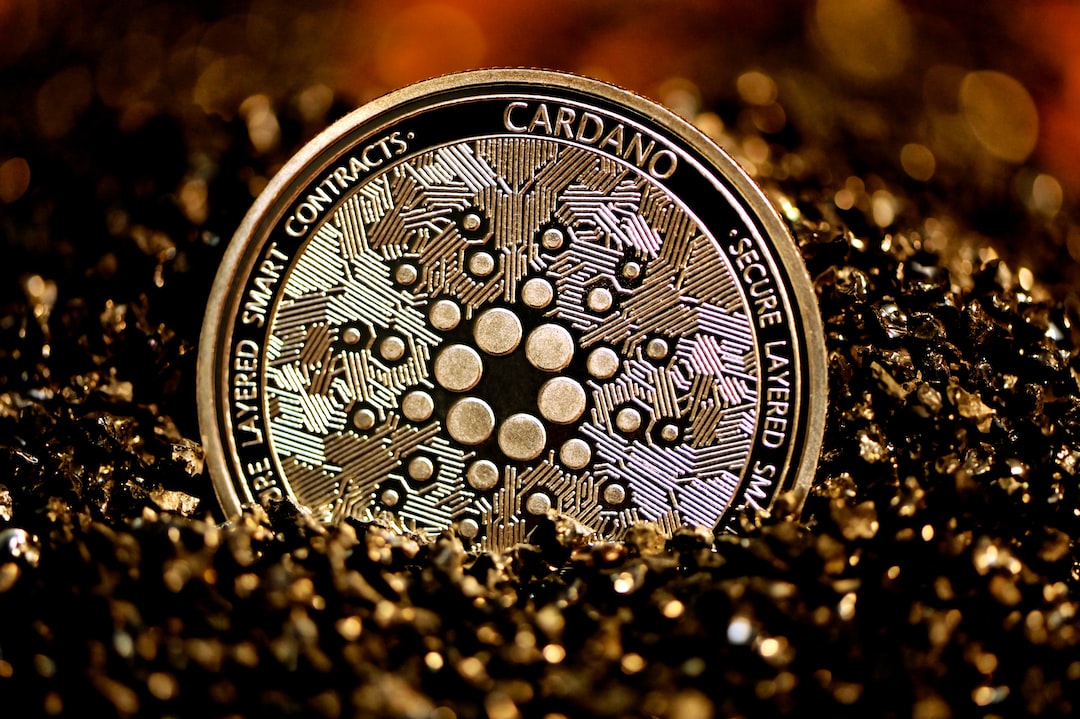Crypto Wallet Hacks: Safeguarding Your Digital Assets
When it comes to cryptocurrency, one of the most important aspects to consider is how to keep your digital assets safe from hackers. Crypto wallet hacks have been a major concern in the industry, with numerous cases of individuals losing their hard-earned money due to security breaches. In this article, we will discuss the importance of safeguarding your digital assets and provide you with tips on how to protect your crypto wallet from potential threats.
The Importance of Securing Your Crypto Wallet
Your crypto wallet is essentially your gateway to the world of cryptocurrency. It is where you store, send, and receive your digital assets, making it a prime target for hackers. If your wallet gets hacked, you could lose all of your funds in an instant. This is why securing your crypto wallet should be a top priority for anyone involved in the world of cryptocurrency.
Whether you are using a hardware wallet, a software wallet, or a mobile wallet, the security of your funds should always be on your mind. While the decentralized nature of cryptocurrency provides a level of security, it also means that there is no central authority to turn to if something goes wrong. This is why it is crucial for you to take matters into your own hands and ensure that your crypto wallet is as secure as possible.
Tips for Safeguarding Your Crypto Wallet
Now that we understand the importance of securing our crypto wallets, let’s discuss some practical tips on how to keep them safe from potential threats.
Use Strong Passwords
One of the first steps you can take to secure your crypto wallet is to use strong passwords. Avoid using easily guessable passwords such as “123456” or “password.” Instead, opt for a combination of letters, numbers, and special characters to create a strong and unique password for your wallet.
Enable Two-Factor Authentication (2FA)
Two-factor authentication adds an extra layer of security to your crypto wallet by requiring a second form of verification in addition to your password. This could be in the form of a code sent to your mobile device or an authentication app. By enabling 2FA, you significantly reduce the risk of unauthorized access to your wallet.
Keep Your Software Updated
It’s essential to keep your crypto wallet software updated with the latest security patches and fixes. Developers often release updates to address potential vulnerabilities, so by keeping your software up-to-date, you can minimize the risk of falling victim to known security issues.
Use Cold Storage
Cold storage refers to keeping your cryptocurrencies offline in hardware wallets or paper wallets. By storing your funds offline, you can protect them from online hacking attempts. While it may be less convenient than hot wallets (online wallets), cold storage provides an added layer of security for long-term storage of large amounts of cryptocurrency.
Safeguarding Against Phishing Attacks
Phishing attacks are another common method used by hackers to gain access to crypto wallets. These attacks typically involve tricking individuals into providing their login credentials or private keys through fake websites or emails. To safeguard against phishing attacks:
- Verify URLs: Always double-check the URL before entering any sensitive information. Phishing websites often use slight variations in domain names to mimic legitimate sites.
- Avoid Suspicious Links: Be cautious when clicking on links in emails or messages from unknown sources. It’s better to type in the URL directly into your browser rather than clicking on suspicious links.
- Educate Yourself: Stay informed about common phishing tactics and learn how to identify potential threats before they compromise the security of your crypto wallet.
The Role of Secure Backup and Recovery Processes
In addition to protecting against external threats, it’s important to have secure backup and recovery processes in place for your crypto wallet. Losing access to your wallet due to hardware failure or forgetting passwords could result in permanent loss of funds. To prevent this:
- Create Secure Backups: Regularly back up your wallet data and store it securely in multiple locations such as encrypted USB drives or cloud storage platforms with two-factor authentication enabled.
- Mnemonic Phrase Storage: Hardware wallets often provide users with a mnemonic phrase (recovery seed) that can be used to restore access in case the original device is lost or damaged. Store this phrase securely and avoid sharing it with anyone.
- Password Recovery Options: Some wallets offer password recovery options through email or phone verification. Take advantage of these features while ensuring that only trusted contacts have access to recovery codes.
Frequently Asked Questions (FAQs)
Q: Can I recover my funds if my crypto wallet gets hacked?
A: Unfortunately, once funds are stolen from a hacked crypto wallet, they are generally irrecoverable due to the irreversible nature of blockchain transactions.
Q: Are hardware wallets more secure than software wallets?
A: Hardware wallets are generally considered more secure due to their offline storage capabilities and resistance against online hacking attempts.
Q: Is it safe to store my recovery seed digitally?
A: It is not recommended as storing recovery seeds digitally increases the risk of unauthorized access. It’s best to store them physically in multiple secure locations.
By implementing these tips and understanding potential threats, you can significantly reduce the risk of falling victim to crypto wallet hacks and ensure the safety and security of your digital assets.
Remember – when it comes to securing your digital assets – prevention is always better than cure!





 By
By
 By
By
 By
By

 By
By
 By
By